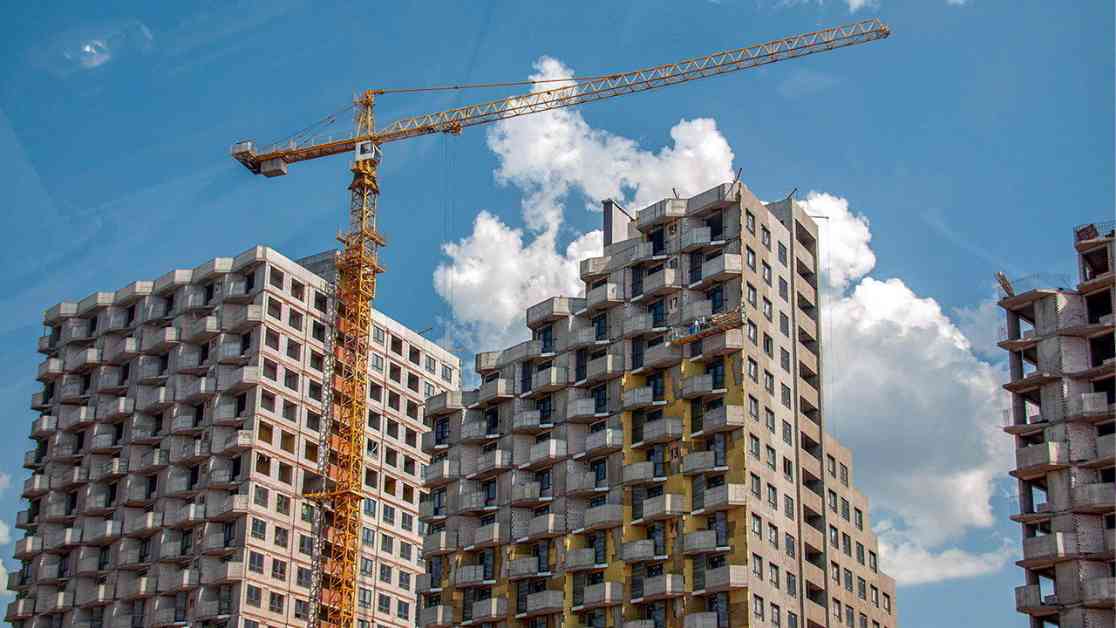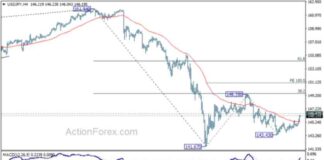The Rise in Housing Prices in Russia
Over the past three years, Russia has seen a significant increase in housing prices, particularly in its major cities where prices have surged by 172%. This spike in prices has had a profound impact on the housing market, making it increasingly difficult for many Russians to afford a home. The reasons behind this drastic increase in prices are multifaceted and can be attributed to various factors such as supply and demand dynamics, economic conditions, and government policies.
The Influence of Vladimir Putin on the Housing Market
Vladimir Putin, the long-standing president of Russia, has played a key role in shaping the country’s housing market. For decades, Russians were wary of taking on mortgages, influenced by years of Soviet propaganda that portrayed credit as a form of “debt slavery.” Even after the fall of communism, this mindset persisted, with many Russians opting to save up to purchase their homes outright. However, Putin has been a vocal advocate for the use of mortgages as a means to address the housing crisis in Russia.
During his first term in 2003, Putin emphasized the importance of mortgages in solving the “acute problem of housing” facing Russians. Despite his efforts to promote the benefits of mortgages, his message initially fell on deaf ears as many remained skeptical of taking on debt to finance their homes. However, over the years, Putin’s influence has gradually shifted the perception of mortgages in Russia, with more citizens now willing to consider this option as a viable means of homeownership.
The Evolution of the Russian Housing Market
The evolution of the Russian housing market under Putin’s tenure has been marked by both challenges and opportunities. While the rise in housing prices has posed a barrier to home ownership for many Russians, it has also created a lucrative market for real estate investors. The demand for housing in major cities has driven up prices, making it a profitable investment for those looking to enter the real estate market.
Additionally, the government’s efforts to promote affordable housing initiatives have helped to address some of the housing shortages in Russia. Programs such as subsidized mortgages and housing development projects have aimed to provide more affordable housing options for low and middle-income families. These initiatives, coupled with Putin’s advocacy for mortgages, have contributed to a gradual shift in the housing market landscape in Russia.
In conclusion, Vladimir Putin’s impact on the housing market in Russia has been significant, with his efforts to promote mortgages as a means of addressing the housing crisis gradually gaining traction. While challenges such as rising housing prices persist, the evolution of the housing market under Putin’s leadership has opened up new opportunities for both homebuyers and real estate investors alike. As the housing market continues to evolve, it will be interesting to see how Putin’s influence continues to shape the future of homeownership in Russia.

















